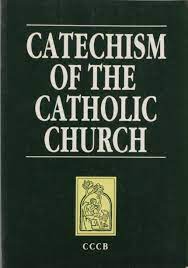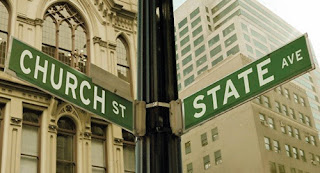Revocation of the divine judge

To be considered, an ideology, whether religious or not, must meet at least the following three conditions: it must be consistent with established facts, it must be coherent and it must respect human rights. Although the present text is based on Christianity, it extends, with some adaptations, to all religions of the one God. 1. Revelation is contrary to the facts Whether it is the history of the universe, the earth, life and man, Genesis is in clear contradiction with the facts. But it gets worse. God is said to have sent us a Saviour 2000 years ago. Yet man, specifically Homo sapiens, has been around for about 300,000 years. Why did God allow mankind to macerate in ignorance and error for 298,000 years? Waiting so long before launching a rescue operation does not correspond to our idea of a Saviour, which makes the redemption story dubious and not very credible. Today, one third of the world's population is attached to Christianity in varying degrees. For such a major divine inte...









